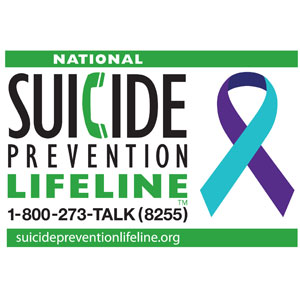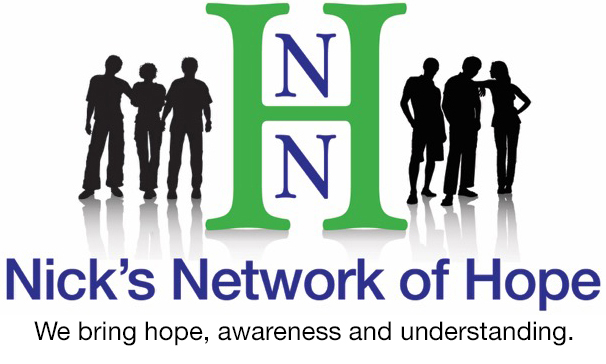Is Treatment Necessary for an Anxiety Disorder?
Like any other medical condition, anxiety disorders tend to be chronic, unless treated properly. Most people find that they need professional guidance to successfully manage and overcome their anxiety. Just having family support is not enough. Many licensed mental health professionals have the training,  education, and expertise to properly diagnose someone with an anxiety disorder and offer treatment.1
education, and expertise to properly diagnose someone with an anxiety disorder and offer treatment.1
Using the Diagnostic and Statistical Manual of Mental Disorders (DSM), the standard diagnostic tool used by health professionals, a mental health professional will identify the specific type of anxiety disorder causing the symptoms, as well as any other disorders that may be involved (such as depression or an eating disorder).2
What Treatments are Available?
Each anxiety disorder has its symptoms. There are various treatment options available for mental health professionals to recommend to their patients. Listed below are some of the most common types of treatments offered.
Psychotherapy
“Talk therapy” involves talking with a trained therapist in a safe, confidential environment. The therapist leads the session by asking questions that are meant to explore and understand past or current problems, thoughts, experiences, feelings, and relationships with others. The therapist then offers insightful connections.
There are many kinds of psychotherapies. Below is an abbreviated list of some common therapies often used for anxiety disorders. It is not an exhaustive list. Click on the links below for a more detailed explanation of each of the therapies listed here, as well as to learn more about therapies not listed here.
- Cognitive Therapy (CBT)—Info from NAMI, Info from ADAA, Info from NIH
- Dialectical Behavior Therapy (DBT)—Info from NAMI
- Psychodynamic Therapy—Info from NAMI
Medications
Often used in conjunction with various therapies.—Info from NAMI, Info from ADAA, Info from NIH
Self-Help or Support Groups
Some people with anxiety disorders may benefit from joining a self-help or support group and sharing their stories with other people who also suffer from anxiety disorders. Some internet chat rooms may be helpful, but great caution must be taken as confidentiality is not guaranteed, and false identities are common.3
Complementary Health Approaches
Non-traditional treatments can be helpful, but the U.S. Food and Drug Administration (FDA) does not review or approve most of them like they do with medicines. The main government agency that investigates Complementary Health Approaches is the National Center for Complementary and Integrative Health (NCCIH). There are three basic types of Complementary Health Approaches: those given in addition to traditional medical treatments; those given instead of traditional medical treatments; and those given in combination with traditional medical treatments.4
Natural Products like Omega-3 Fatty Acids, Folate and Medical Foods (e.g., gluten-free foods)
Mind and Body Treatments: Yoga, Exercise, Meditation, and Tai chi56
Can You Have An Anxiety Disorder and Another Disorder at the Same Time?
Yes, anxiety disorders can exist with other life challenges, such as depression, substance abuse, ADHD, eating disorders, and trouble sleeping. Anxiety often worsens these related conditions. There is help available to you. Contact a mental health professional. You are not alone.
- Anxiety and Depression Association of America (ADAA). Retrieved from https://www.adaa.org/treatment-faqs ↩
- National Alliance on Mental Illness (NAMI). Retrieved from https://www.nami.org/Learn-More/Treatment/Psychotherapy ↩
- National Institute of Mental Health (NIH). Retrieved from https://www.nimh.nih.gov/health/topics/anxiety-disorders/index.shtml ↩
- National Alliance on Mental Health (NAMI). Retrieved from https://www.nami.org/Learn-More/Treatment/Complimentary-Health-Approaches ↩
- National Alliance on Mental Health (NAMI). Retrieved from https://www.nami.org/Learn-More/Treatment/Complimentary-Health-Approaches ↩
- National Institute of Mental Health (NIH). Retrieved from https://www.nimh.nih.gov/health/topics/anxiety-disorders/index.shtml#part_145338 ↩
